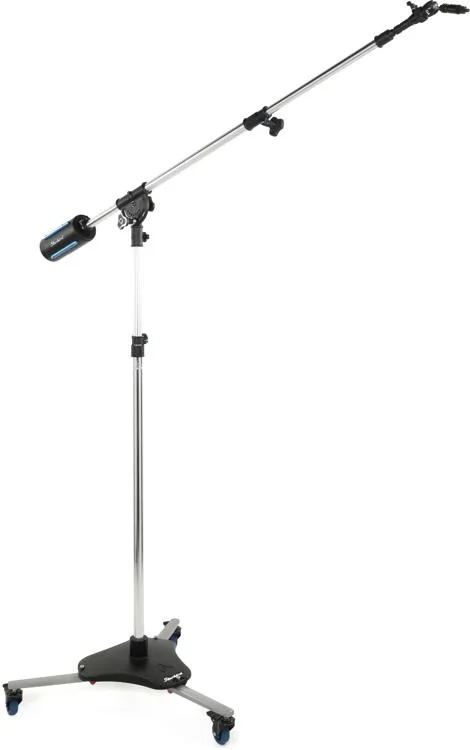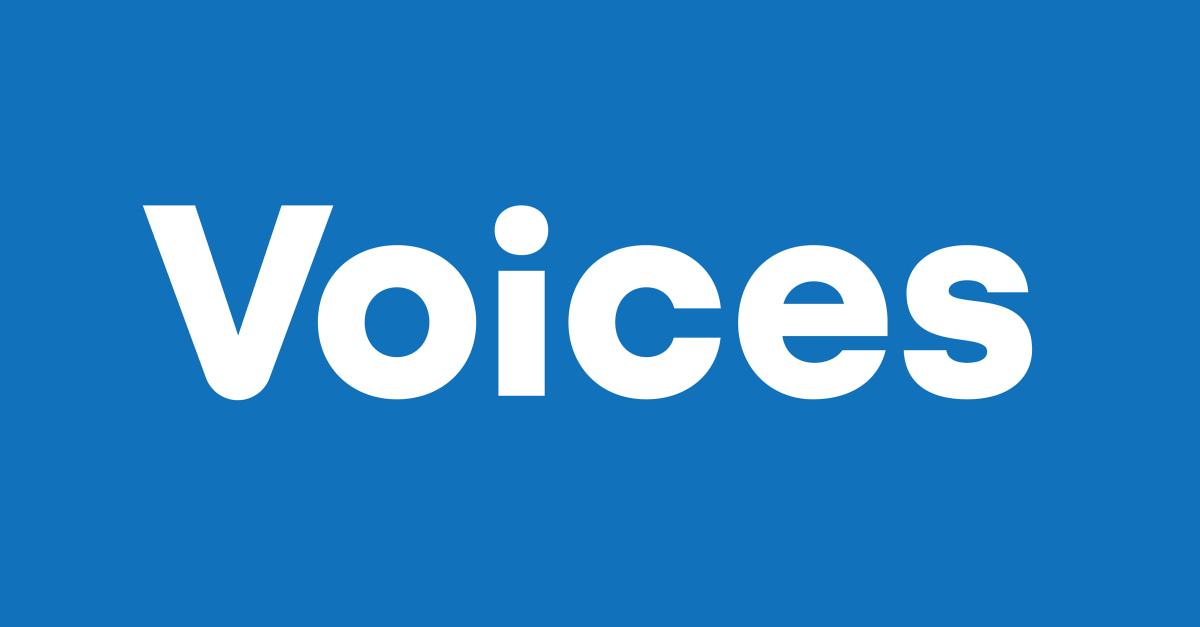whyseye
Well-known member
Lots of good responses here, and a few not so good ones.
I'll echo what people have said about finding a mic that flatters your voice, and one that will work well with whatever limitations or deficiencies that your recording space might have.
I will also say that I've worked in the VO industry for over 20 years, at some of the biggest casting houses and VO talent agencies, so my info is pretty specific to the union VO scene in the Los Angeles area. For many years, people really only recorded their auditions from home, and went to pro studios if they booked the jobs. Most actors didn't have the extra cash required to properly treat their recording spaces or invest in pro mics, so most just bought a USB mic or something of that nature for auditions.
When COVID came along, the industry very quickly pivoted to having the actors record work from their home studios, and those USB mics were not cutting for professional work. And sound engineers also discovered that even if their mics were decent, trying to make four people recording on four different mics in four different sounding spaces, and trying to make it sound like they were all in the same room was a nightmare. So now what I'm seeing more and more are specs from buyers specifying certain mics for work from home studios, so that they have at least some consistency in sound, and more actors who have been forced to purchase Whisper Rooms or Studiobricks or other manufacturer's booths for isolation (and then treat them heavily inside) or construct blanket tents and hope that the leaf blowers next door don't start during a session.
Most of the various talent agencies, commercial ad agencies, casting houses, animation houses, etc., are now requiring certain mics in order to be considered for jobs. Those mics are almost always the Neumann U87 and the Sennheiser 416. There's a lot of argument about whether those are the best mics, why they became the mics of choice, or whether the buyers will really know if that's what you're using, but they have been the two mics that you'll find being used in virtually every professional VO studio here for decades. They have become a sort of shorthand for presenting yourself as a trained professional who has made serious investment in your career, and whose sound quality will be presumed to be good enough for work. That's not to say that other mics are not good (or possibly even better for your voice), or that nobody is using other mics and making good a good living, or that you'll never be hired if you don't have one or the other or both.
I'll also add that the Mojave is a well-reviewed mic, and a fairly respectable substitute (among many others) for that Neumann U87. The RE20 is perceived as more of a radio or announcer mic than a voice actor mic, and as a dynamic mic needs a lot of gain to push it so you'll probably have the investment of a Cloudlifter or other preamp in addition to the cost of the mic to consider, since most interface preamps aren't up to the job alone.
You'll get lots of info here from audio engineers who know much more than I do about recording itself, but I wanted to add in my experience dealing specifically with the VO industry, since that's your focus. Feel free to take any or all of it with a huge grain of salt, especially if you're looking at something other than union-oriented work. For telephony, long-form narration, explainers and industrials, etc., the players and rules are much looser, and you can more easily work with what you may already have and upgrade as you go along if you find that your existing gear is limiting you.
Good luck, and have fun!
I'll echo what people have said about finding a mic that flatters your voice, and one that will work well with whatever limitations or deficiencies that your recording space might have.
I will also say that I've worked in the VO industry for over 20 years, at some of the biggest casting houses and VO talent agencies, so my info is pretty specific to the union VO scene in the Los Angeles area. For many years, people really only recorded their auditions from home, and went to pro studios if they booked the jobs. Most actors didn't have the extra cash required to properly treat their recording spaces or invest in pro mics, so most just bought a USB mic or something of that nature for auditions.
When COVID came along, the industry very quickly pivoted to having the actors record work from their home studios, and those USB mics were not cutting for professional work. And sound engineers also discovered that even if their mics were decent, trying to make four people recording on four different mics in four different sounding spaces, and trying to make it sound like they were all in the same room was a nightmare. So now what I'm seeing more and more are specs from buyers specifying certain mics for work from home studios, so that they have at least some consistency in sound, and more actors who have been forced to purchase Whisper Rooms or Studiobricks or other manufacturer's booths for isolation (and then treat them heavily inside) or construct blanket tents and hope that the leaf blowers next door don't start during a session.
Most of the various talent agencies, commercial ad agencies, casting houses, animation houses, etc., are now requiring certain mics in order to be considered for jobs. Those mics are almost always the Neumann U87 and the Sennheiser 416. There's a lot of argument about whether those are the best mics, why they became the mics of choice, or whether the buyers will really know if that's what you're using, but they have been the two mics that you'll find being used in virtually every professional VO studio here for decades. They have become a sort of shorthand for presenting yourself as a trained professional who has made serious investment in your career, and whose sound quality will be presumed to be good enough for work. That's not to say that other mics are not good (or possibly even better for your voice), or that nobody is using other mics and making good a good living, or that you'll never be hired if you don't have one or the other or both.
I'll also add that the Mojave is a well-reviewed mic, and a fairly respectable substitute (among many others) for that Neumann U87. The RE20 is perceived as more of a radio or announcer mic than a voice actor mic, and as a dynamic mic needs a lot of gain to push it so you'll probably have the investment of a Cloudlifter or other preamp in addition to the cost of the mic to consider, since most interface preamps aren't up to the job alone.
You'll get lots of info here from audio engineers who know much more than I do about recording itself, but I wanted to add in my experience dealing specifically with the VO industry, since that's your focus. Feel free to take any or all of it with a huge grain of salt, especially if you're looking at something other than union-oriented work. For telephony, long-form narration, explainers and industrials, etc., the players and rules are much looser, and you can more easily work with what you may already have and upgrade as you go along if you find that your existing gear is limiting you.
Good luck, and have fun!



